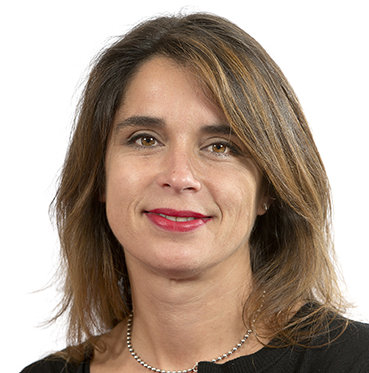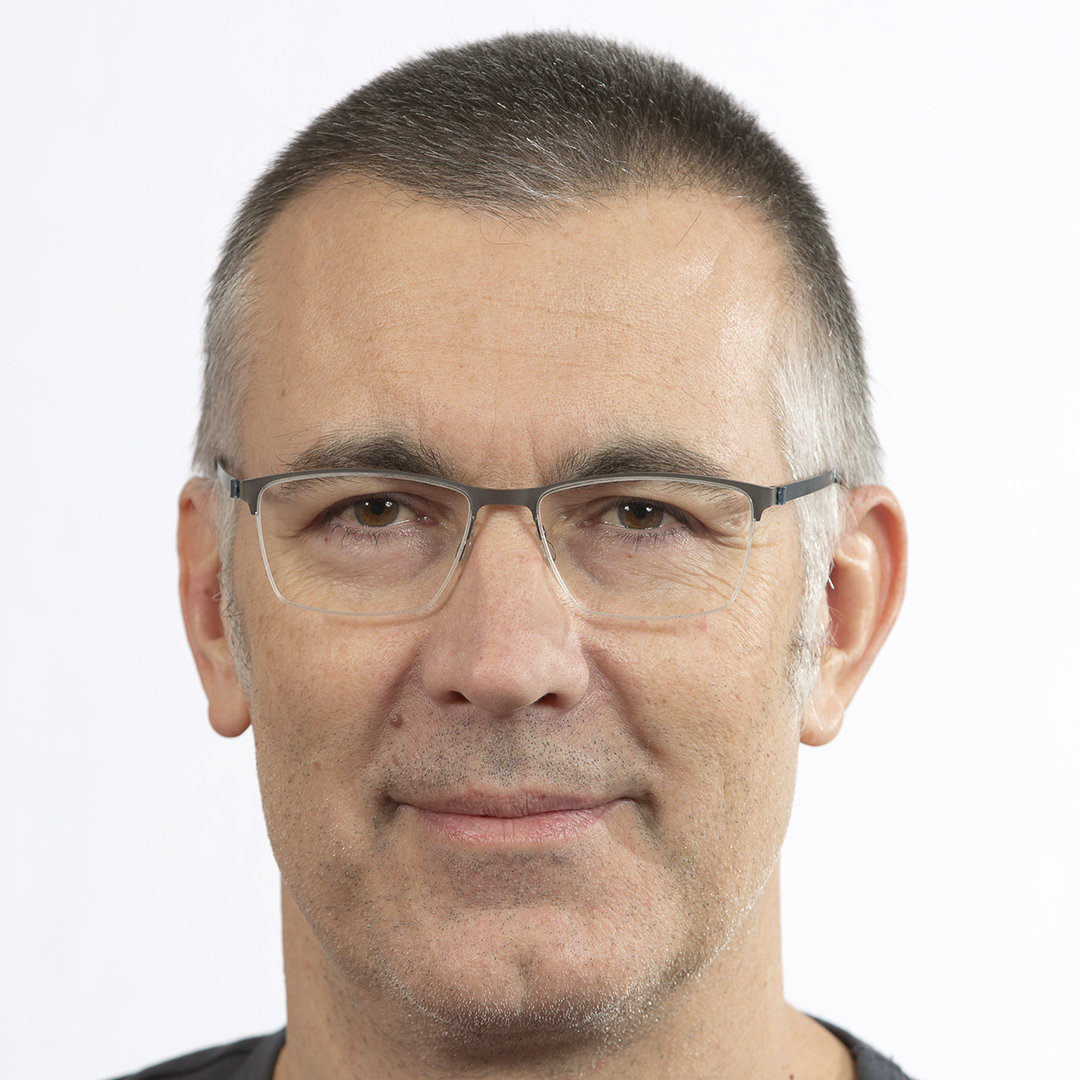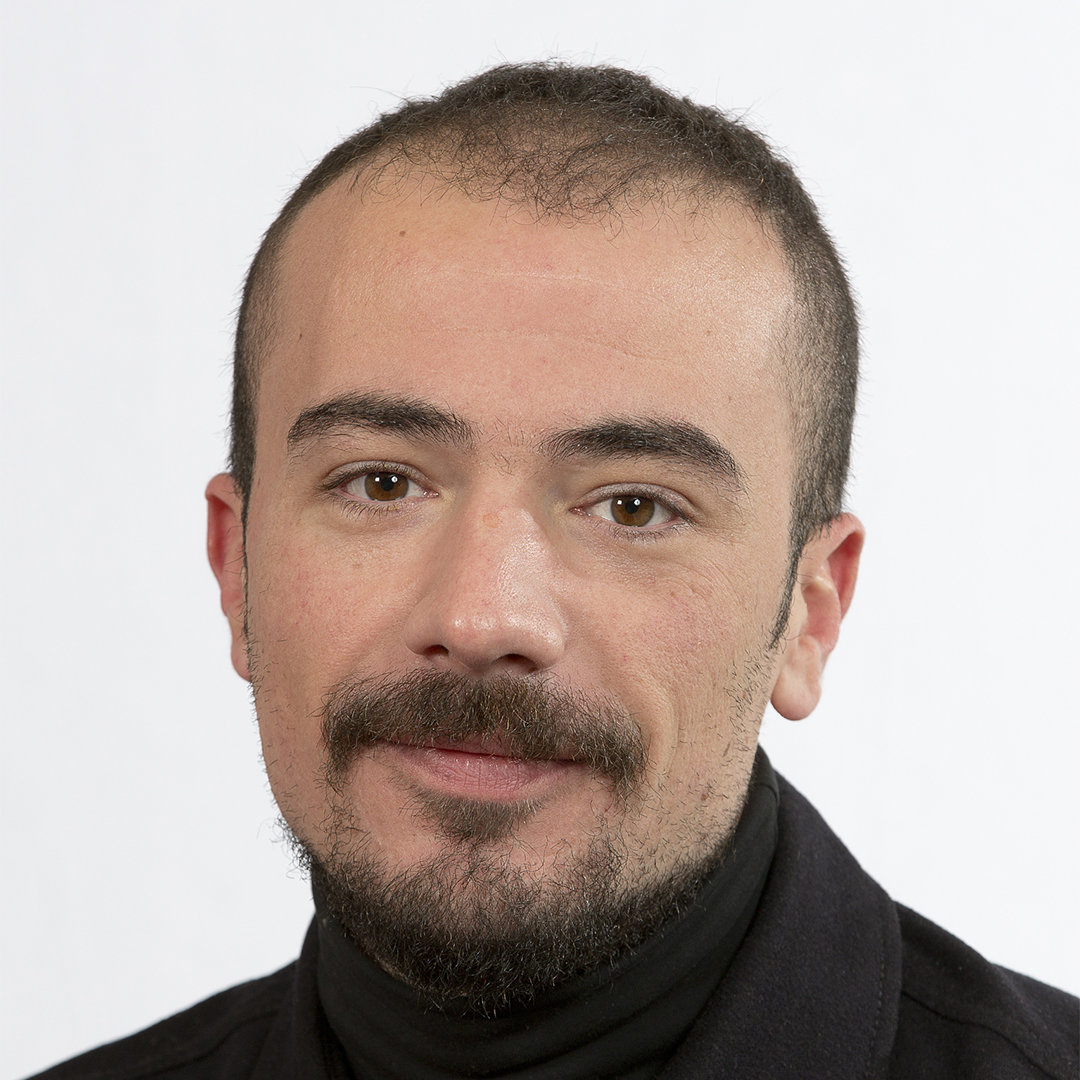Staff
Staff
| dr. ir. Heidi Sohn |
| H.Sohn@tudelft.nl |
-
Dr. ir. Heidi Sohn is Associate Professor of Architecture Philosophy and Theory at the Architecture Department of the Faculty of Architecture, TU-Delft. She received her doctoral title in Architecture Theory from the Faculty of Architecture, TU-Delft in 2006. Since 2002 she has been teaching theory seminars and design studios at the Faculty of Architecture, and since 2012 she is the academic coordinator and head of the Architecture Philosophy and Theory group. She is member of the Graduate School PhD mentor committee for the Architecture Department. She has been guest lecturer of architecture theory at DIA, Germany, and at Umeå School of Architecture in Sweden.
| dr. ir. Andrej Radman |
| A.Radman@tudelft.nl |
-
Dr. ir. Andrej Radman is Assistant Professor of Architecture Philosophy and Theory. He has been teaching theory and design at TU Delft Faculty of Architecture since 2004. As a graduate of the Zagreb School of Architecture, Radman received a Master’s Degree with Honours and a Doctoral Degree from TU Delft. Radman’s current research focuses on New Materialism and Ecologies of Architecture. He is a member of the National Committee on Deleuze Scholarship, and member of the editorial board of the architecture theory journal Footprint. He is also a licensed architect with a portfolio of built and competition-winning projects. In 2002 Radman won the Croatian Association of Architects annual award for housing architecture.
| dr. ir. Stavros Kousoulas |
| S.Kousoulas@tudelft.nl |
-
Dr. ir. Stavros Kousoulas is Assistant Professor of Architecture Philosophy and Theory in the Faculty of Architecture TU Delft. He has studied Architecture at the National Technical University of Athens and at TU Delft. Since 2012 he has been teaching theory courses and design studios at TU Delft. He received his doctoral title cum laude from IUAV Venice participating in the Villard d’ Honnecourt International Research Doctorate. He has published and lectured in Europe and abroad. He is a member of the editorial board of Footprint Delft Architecture Theory Journal since 2014. He is the author of the book Architectural Technicities (2022) and the edited volumes Architectures of Life and Death (with A. Radman, 2021) and Design Commons (with G. Bruyns, 2022).
| dr. ir. Robert Gorny |
| R.A.Gorny@tudelft.nl |
-
Robert A. Gorny is a lecturer and researcher at the academic group of Architecture Philosophy and Theory at the Faculty of Architecture and the Built Environment, TU Delft, where he has been teaching and coordinating courses focusing on theory and research methodology since 2015. Advanced in his doctoral studies “A Flat Theory: Towards a Genealogy of Apartments, 1540-1752” (2021), his transdisciplinary research approach combines historically-grounded scholarship with an assemblage-theoretical extension of genealogical and cartographic accounts of built environments, their organization, and genesis. Related publications include “From Epiphylogenesis to General Organology” (2022 with A. Radman), “A Diagrammatic Cartography of Architectures of Life and Death” (2021), and “Reclaiming what Architecture Does” (2018). He is a member of the editorial board of Footprint journal, where he has co-edited issues on queer theory (2017) and philosophy of technology (2022).
PhD Candidates
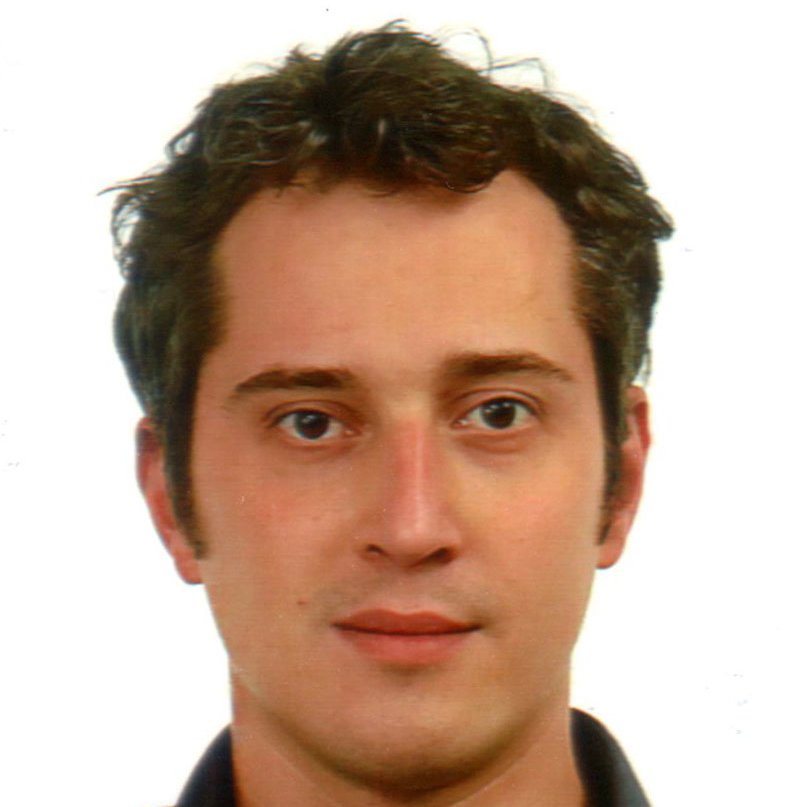
| Taufan ter Weel |
| T.terWeel@tudelft.nl |
-
Taufan ter Weel is an architect, artist, and researcher with a transdisciplinary approach across sonic and spatial fields interested in the technicity of signal processing in connection with the production of space. Since 2015 he works for the Theory chair of TU Delft’s Faculty of Architecture, where he also received his master degree in 2009. He is a PhD candidate at the faculty's Theory&Territories section and participates in the Villard d’Honnecourt international doctorate programme. He has realised various artistic projects, performs live electronic music since 2001, and finished the Institute of Sonology’s one-year course at the Royal Conservatoire The Hague.

| Ran Pan | |
|
-
Ran Pan is a PhD candidate working on the topic of Urban Pedagogies in the Digital Age. Ran received her master’s degree in Urban Planning from The University of Melbourne with a thesis focusing on urban morphologies and live music clustering. She also worked as a spatial analyst in the Department of Environment, Land, Water and Planning of the State of Victoria. She is passionate about architecture and urban design theory and looks forward to bringing her cross-disciplinary knowledge into future research.
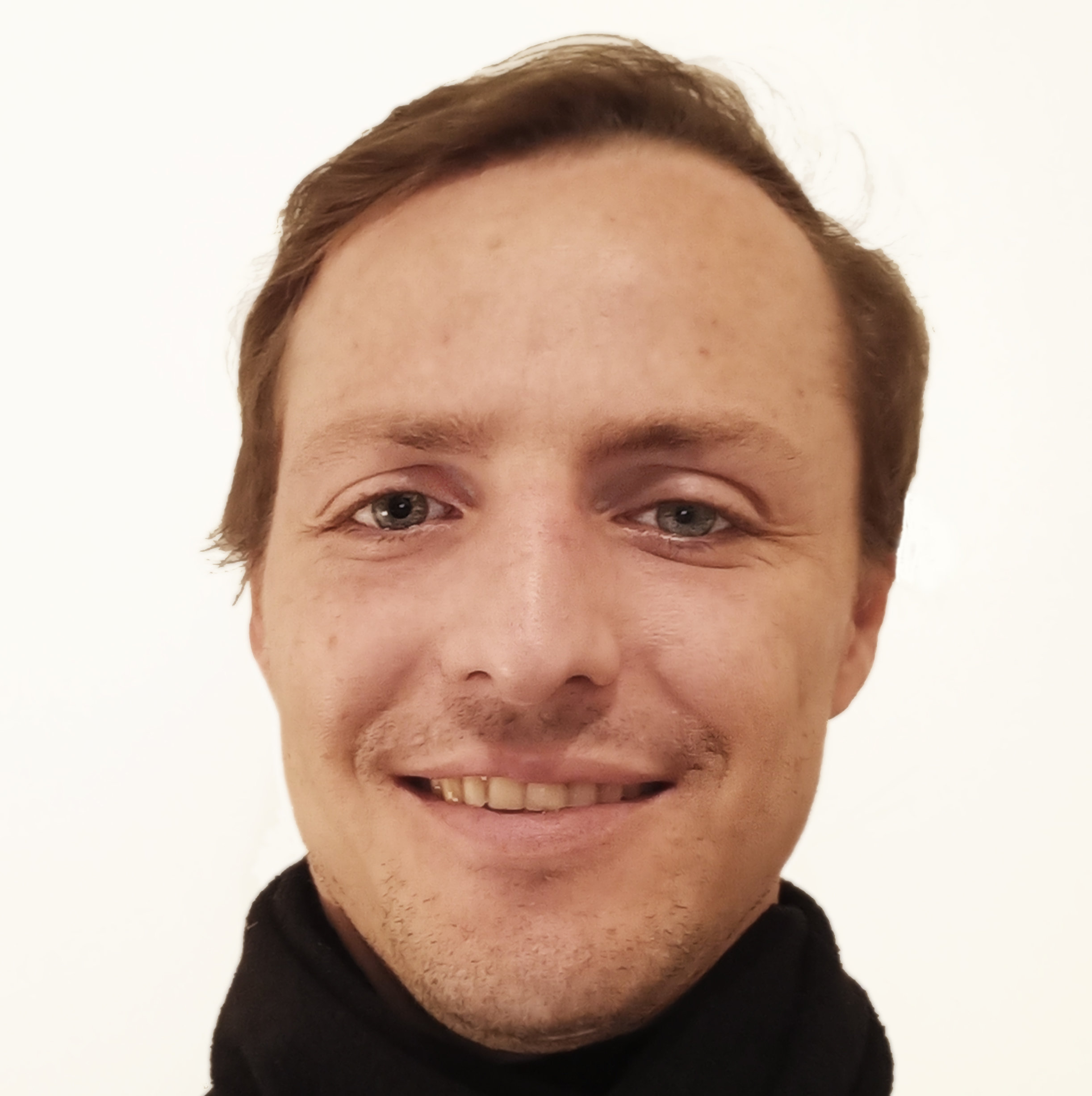
| Gert van der Merwe |
| G.J.vandermerwe@tudelft.nl |
-
Gert graduated from the University of Pretoria (MProf. Arch.) and worked for ‘Ora Joubert before establishing an interdisciplinary design firm (2011-2016). He co-hosted lecture series and studios for the Washington University in ST. Louis (USA) Masters in Architecture, Landscape Architecture and Urban Design (2014, 2015 & 2016) and taught at the University of Pretoria (2016, 2017 & 2019). In 2021 he joined Jaco Wasserfall Architects and Namibia University of Science and Technology. His PhD research focuses on water as a lens to shape norms and values to develop non-anthropocentric theory.

| Angelos Chiotis |
| A.C.Chiotis@tudelft.nl |
-
Angelos Chiotis is PhD candidate of Architecture Philosophy and Theory in the Faculty of Architecture TU Delft. He has studied Architecture at the National Technical University of Athens. He is currently exploring the role of marginalized architectural heritage in modern Greece and the reciprocal relation between the Greek nation-state and Europe’s colonial descent. His research interests focus on history and political ecology in totalitarian contexts, borders and territories, land rights, and migration. He has taken part on the publication of books, and curating of international exhibitions, conferences, and workshops. Prior to that he worked with architecture firms in Stockholm and Milan.

| Yasin Dündar |
| a.y.dundar@tudelft.nl |
-
Yasin Dündar is a PhD Candidate of Architecture Philosophy and Theory in the Faculty of Architecture TU Delft. He received his bachelor’s and master’s degrees in architecture at Selçuk University and Gebze Technical University. His research interests are game studies, new materialism, and architectural theory. His PhD focuses on how the generativity of the act of architecture can be understood from a ludic perspective that maximises relations rather than fixates on the optimisation of results.
Guest Researchers
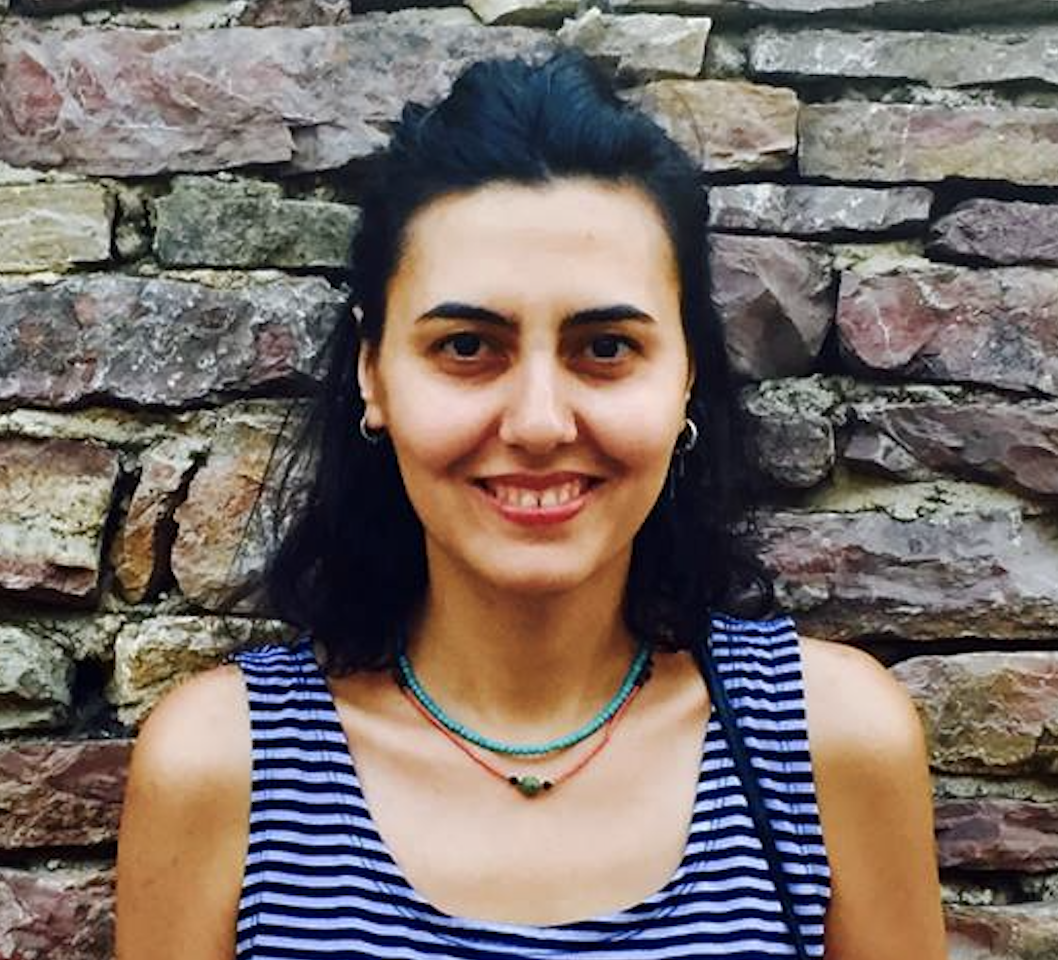
Semin Erkenez |
| s.erkenez@tudelft.nl |
-
Semin Erkenez is an architect, Assistant Professor in the Department of Architecture at Hatay Mustafa Kemal University, since 2017 and currently a guest researcher in the Chair of Architecture Philosophy and Theory at the Faculty of Architecture and the Built Environment, Delft University of Technology. She was awarded the DB-2210-Oversees Postdoctoral Research Fellowship Program of TUBITAK in 2024.
In 2006, Semin graduated from the Department of Architecture at Yıldız Technical University and in 2009 she completed her MA at Istanbul Technical University. Her MA thesis examined the houses of women living in squatters/slums and their connections to the city. In 2016, she completed her PHD at Yıldız Technical University with her dissertation titled "Analysis of the Body-Space Relationship and New Possibilities."
Since 2022, she has been a member of the editorial board of Mimar Sinan Fine Arts University's Design&Theory journal. Her research focuses on examining architectural design and the built environment using new materialist philosophy and feminist theory.
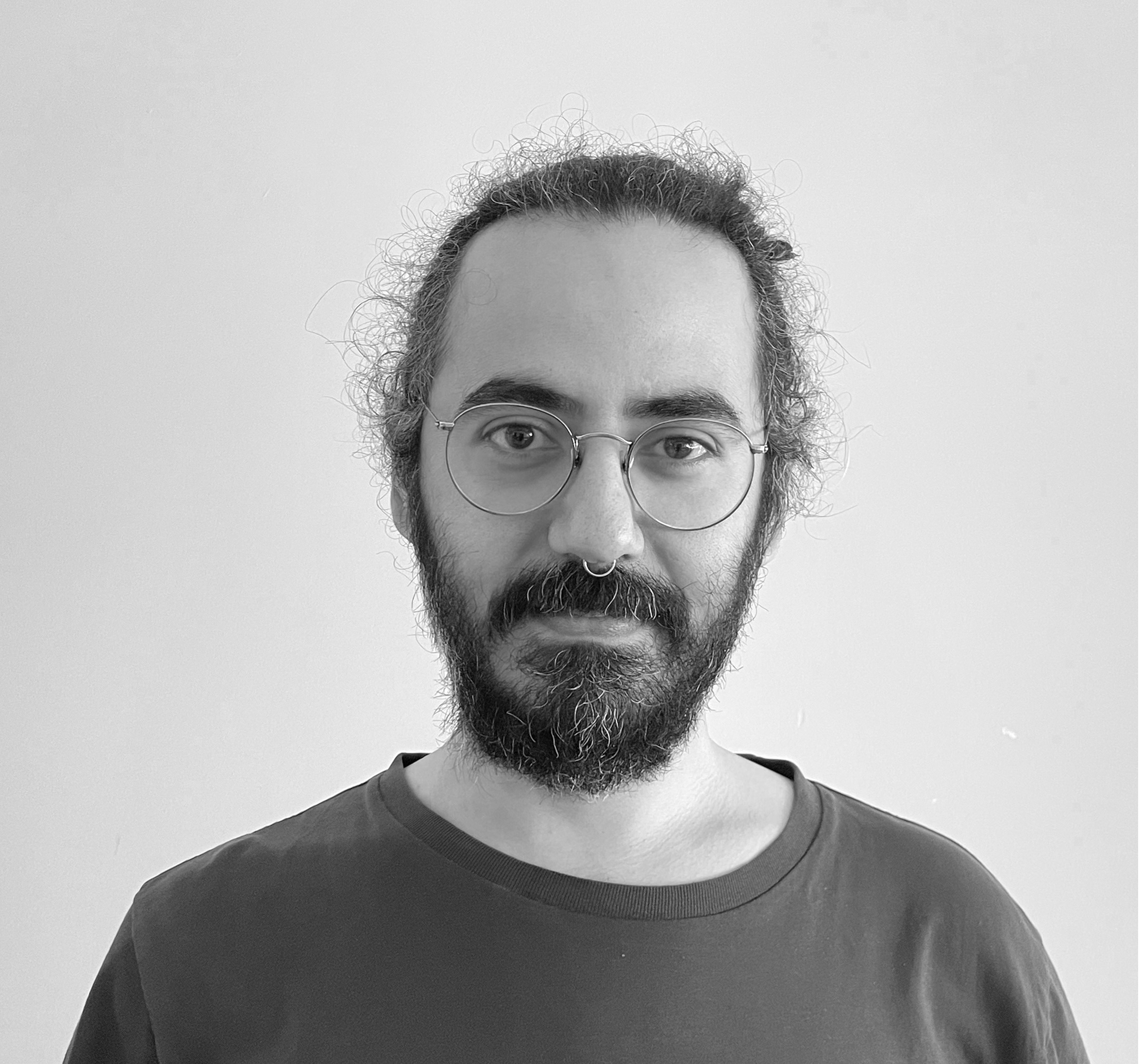
Sinan Kizil |
| S.C.K.Kizil@tudelft.nl |
-
Sinan Cem Kızıl is an architect and a scholar. He completed his BArch (2014), March (2017), and PhD (2024) degrees at METU Faculty of Architecture, Ankara. He is also a research assistant at the same institution where he contributed to design studios as an instructor, a teaching assistant, and a guest jury, including several other architecture schools in the city. His dissertation Architecture as Territory: Politico-Aesthetic Constructions and Representations of Space-Time has discussed territory and territoriality, focusing on the political and aesthetic dimensions concerning philosophy and social geography. His previous architectural production included public workshops with institutions and projects that won first and second-mention prizes in national competitions. He is also one of the lead architects of the exhibition and museum design of the Bodrum Castle Underwater Archaeology Museum, which was renovated, redesigned, and opened in 2020.
His fields of interest are philosophy and theory of architecture, territory, social and political geography, science fiction, architectural design, architectural education, and policymaking. His recent publications are an essay in the peer-reviewed Turkish journal Praksis titled ‘An Essay on Spaces, Geography and Crises of Territoriality’ and a chapter ‘Do Galactic Empires Dream of Cosmic Sheep’ in the upcoming TU Delft Open Publishing book Noetics Without a Mind. In TU Delft, he will participate in seminars of the Ecologies of Architecture research group and occasionally observe the design studios at undergraduate and graduate levels.
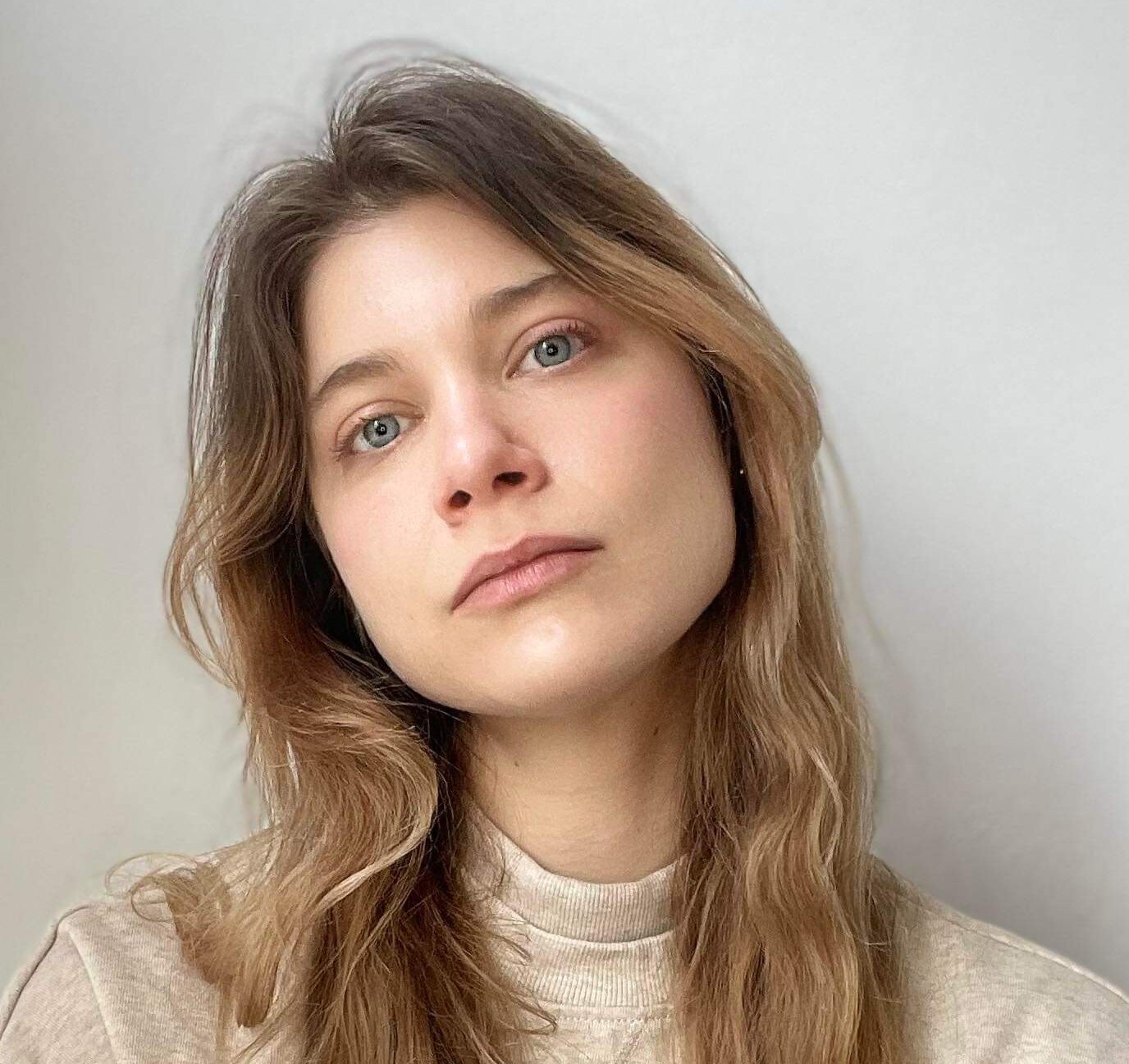
Lena Galanopoulou |
| E.G.Galanopoulou@tudelft.nl |
-
Lena Galanopoulou is a PhD candidate at the School of Architecture of the National Technical University of Athens (NTUA) and a scholar of the Hellenic Foundation for Research and Innovation (HFRI). She holds an MArch (equivalent Diploma, NTUA) in architectural engineering and an MSc in architectural research (NTUA’s interdisciplinary postgraduate program, Theory of Knowledge). She is a licensed member of the Technical Chamber of Greece, participating in Panhellenic Architectural Competitions and with design experience in projects of various scales. Galanopoulou has been part of NTUA’s teaching staff for the undergraduate courses of Architectural Design between 2017-22.
During her guest research period at TU Delft, she is part of the Architecture Philosophy and Theory (APT) academic group and an assisting instructor for the MSc 2 Design Studio in Architectural Technicities.
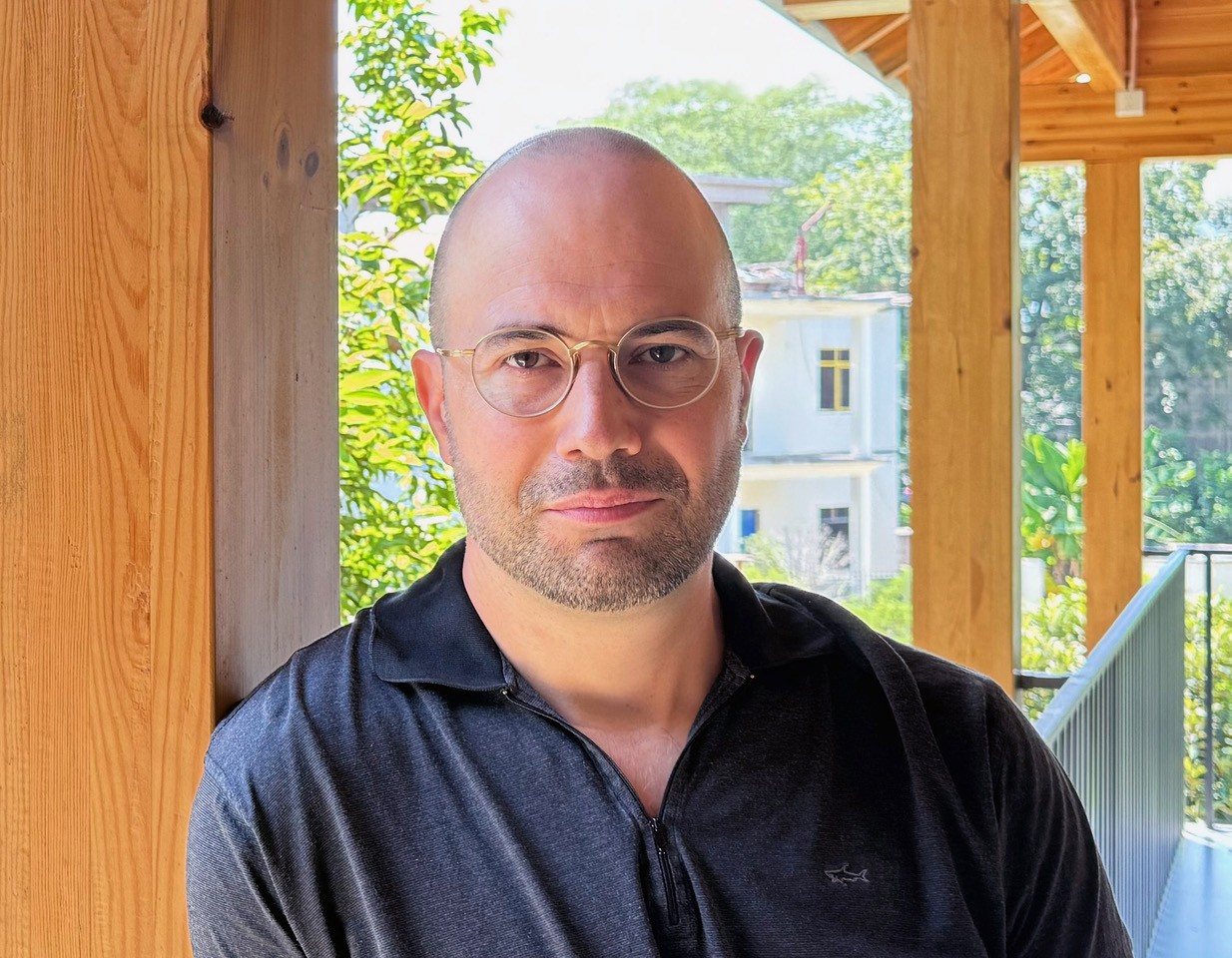
Michael Just |
| M.Just@tudelft.nl |
-
Michael Just is currently a guest researcher at TU Delft, Faculty of Architecture and the Built Environment, Ecologies of Architecture Research Group, supported by the CityUHK Research Fund for Overseas High-Ranking Universities. He is a PhD candidate and UGC-Fellow at the City University of Hong Kong, School of Creative Media, and a visiting lecturer at Hong Kong Baptist University, Academy of Visual Arts. He is founder and director of Michael Just Office & Studio in Berlin, which has realized projects and exhibitions worldwide and has received grants and awards from international institutions. He is also a senior associate and steering team member at DigitalFUTURES where he co-organizes the Architecture & Philosophy and Artificial Intelligence series. Michael holds MFA degrees from the Kunstakademie Düsseldorf (Prof. Daniel Buren) and Goldsmiths, University of London funded by both KonradAdenauer-Foundation and DAAD fellowships. He was a participant in the Whitney Museum of American Art Independent Study Program in New York City. Residencies include the Palazzo delle Arti Napoli (2010), Villa Aurora, Los Angeles (2012), GoetheInstitut Beijing (2017) and the National Museum of Modern and Contemporary Art MMCA Seoul, South Korea (2018). Michael has taught in North America, Europe and most recently in East Asia at the China Academy of Art, School of Design and Innovation, CityUHK SCM and HKBU AVA. He has lectured and published in conjunction with major international exhibitions such as documenta fifteen. Most recent conference presentations include the IV City and Philosophy Congress, Ignatianum University, Cracow, Poland, Artistic Regional Revival: From the Mainland to the Island, Guangzhou Academy of Fine Arts, China and SIGraDi 2024, Biodigital Intelligent Systems, Barcelona, Spain. His current research focuses on fieldwork in rural Guangdong Province, China, examining villages as relational spaces combining the human and extra-human, the actual and the virtual, the material and the immaterial, ultimately extending the argument to opening up ways of coexistence with synthetic forms of cognition.
